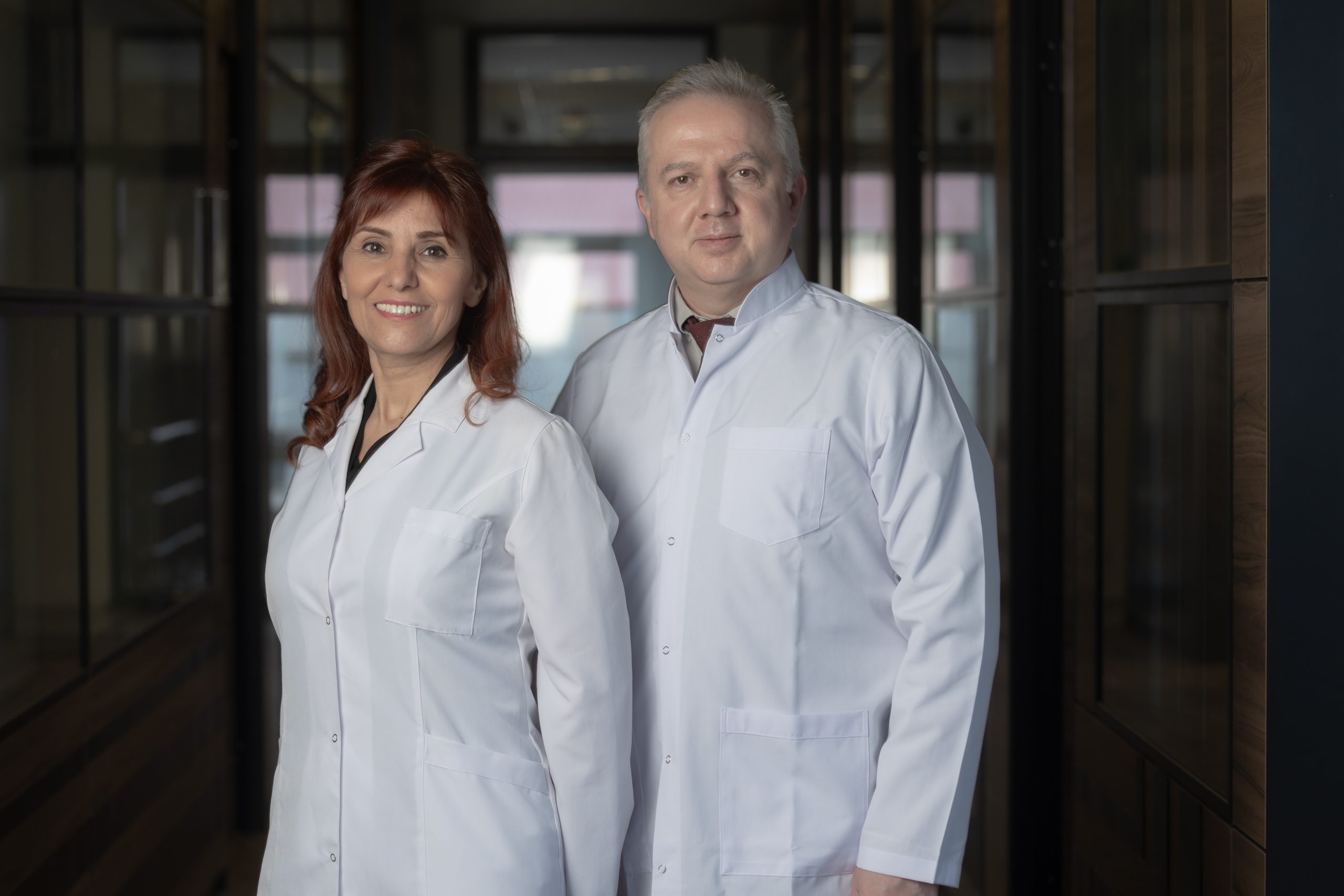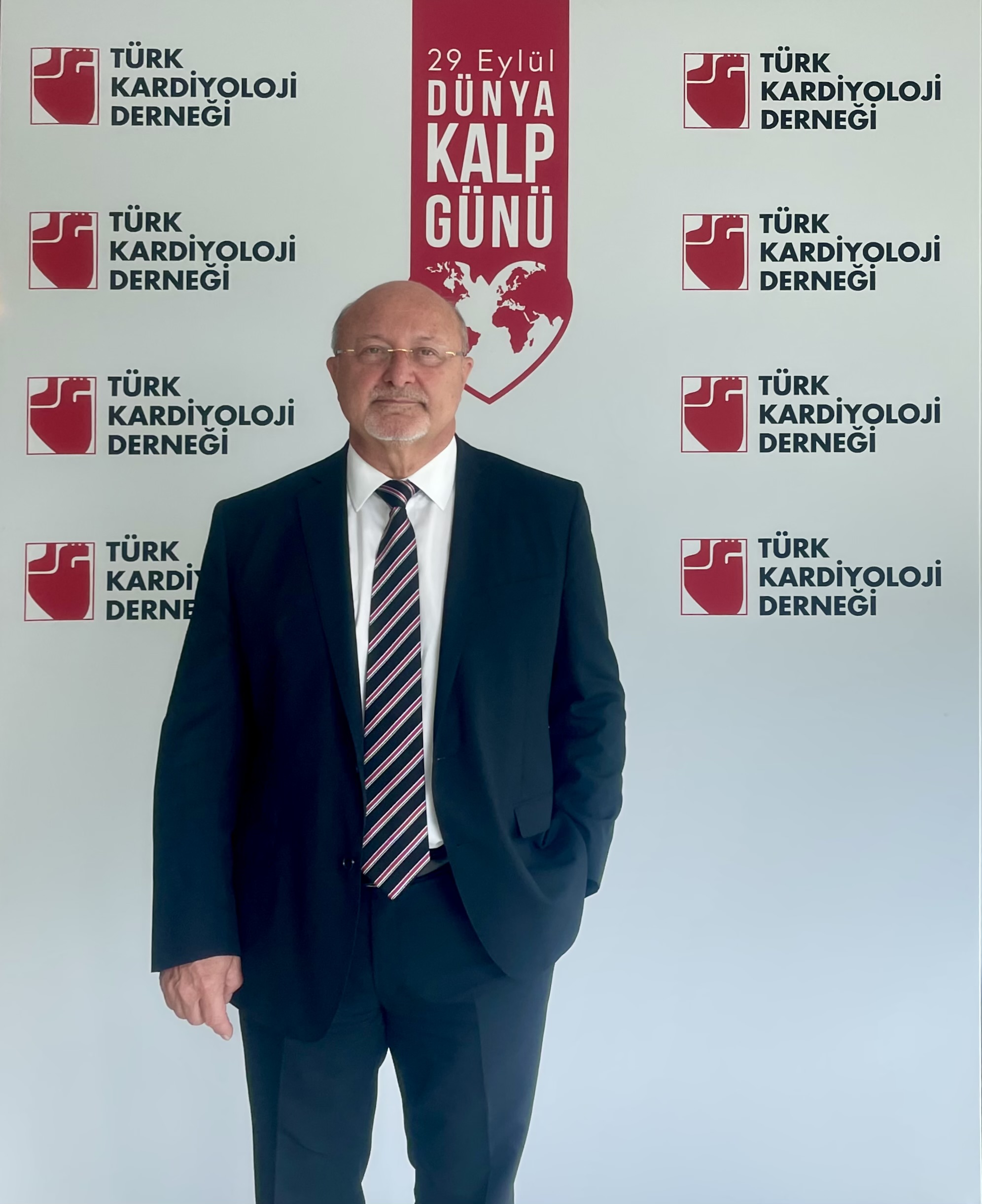If you constantly feel the need to go to different polyclinics and doctors for your disease, you may have a rare disease. The best address for researching these diseases is Genetic Diseases Diagnosis Center. Stating that “Rare Diseases” affect 1 out of every 10 people and that there are 700 million individuals with rare diseases worldwide and more than 7 million in our country, Prof. Dr. Serdar Ceylaner M.D. – Intergen Genetics and Rare Diseases Diagnosis Research & Application Center, Founder of Rare Disease Volunteers Association delivered important statements on the subject.
 Diseases seen in 10% of the population, or in other words, in 1 person out of 10, are called “Rare Diseases”. This rate can reach 20% in outpatient clinics due to the repetitive applications of these patients due to the difficulty of reaching the result. Patients whose disease cannot be diagnosed or whose treatment does not produce any results are constantly seeking solutions to their diseases by going to different polyclinics and doctors. Among the reasons that may suggest that a disease is a Rare Disease, there are factors such as the patient being followed by more than one physician, cancer diagnosed at an early age, having a chronic, that is, a persistent disease, having a few people in the family suffering from a similar disease, and treatment failure.
Diseases seen in 10% of the population, or in other words, in 1 person out of 10, are called “Rare Diseases”. This rate can reach 20% in outpatient clinics due to the repetitive applications of these patients due to the difficulty of reaching the result. Patients whose disease cannot be diagnosed or whose treatment does not produce any results are constantly seeking solutions to their diseases by going to different polyclinics and doctors. Among the reasons that may suggest that a disease is a Rare Disease, there are factors such as the patient being followed by more than one physician, cancer diagnosed at an early age, having a chronic, that is, a persistent disease, having a few people in the family suffering from a similar disease, and treatment failure.
Genetic departments offer the most economical solution, both financially and morally
“Sometimes, more than one person in the family may be dealing with very different diseases. When this condition is investigated genetically, it can also be found to occur for the same reason. To give an example, mitochondrial diseases may progress in the form of hearing loss in one person in the family, diabetes in another person and visual impairment in another person. If everyone in the family is dealing with some important diseases, then it can be determined that these are actually the same cause, even if they are not apparently the same disease. Considering these, please, if you have such a situation, it will be important for you to apply to a Genetic Diseases Diagnosis Center for an evaluation on rare diseases.”
Stating that the most costly treatment in medicine, both financially and morally, is the treatment of undiagnosed patients, Prof. Dr. Ceylaner adds, “Although not all genetic diseases but in a significant part of them, it is possible to produce some solutions after diagnosis. If you or your family members have the conditions I mentioned, if you apply to a Genetic Diseases Diagnosis Center, it can protect you from many financial and moral problems in the long run.”
Genetic screening before marriage or pregnancy is very important
Among the most important causes of genetic diseases in scientific research, consanguineous marriages still rank at the top. Reminding that the protection measures taken with genetic screening before marriage or pregnancy are very important, Prof. Dr. Ceylaner said, “In the analyzes of couples who come for screening due to consanguineous marriage, we rarely come across families who do not carry any disease. Genetic diseases can occur with many consequences such as inability to have children in families, recurrent pregnancy loss, sudden death at an early age, and some brain diseases in advanced ages. If you are worried about consanguineous marriage or diseases that are common in the family or society, various genetic screenings before marriage or pregnancy are very useful in order to take precautions. In some foreign countries where consanguineous marriages are not as common as in our country, screening for 2000 diseases has started in all couples who are preparing to get married or have children. We should do more extensive research, because rare diseases are actually more common in our country than in many other countries. In addition, this practice will greatly reduce the health costs of our country and people, and most importantly, it will reduce the difficulties of living a life with the disease.”
In conclusion Prof. Dr. Ceylaner said, “Prevention without diseases, that is, preventive medicine, is the wisest, cheapest and least burdensome approach accepted by all medicine. Those who live with a chronic illness or have sick children will understand by heart what I am talking about.”



